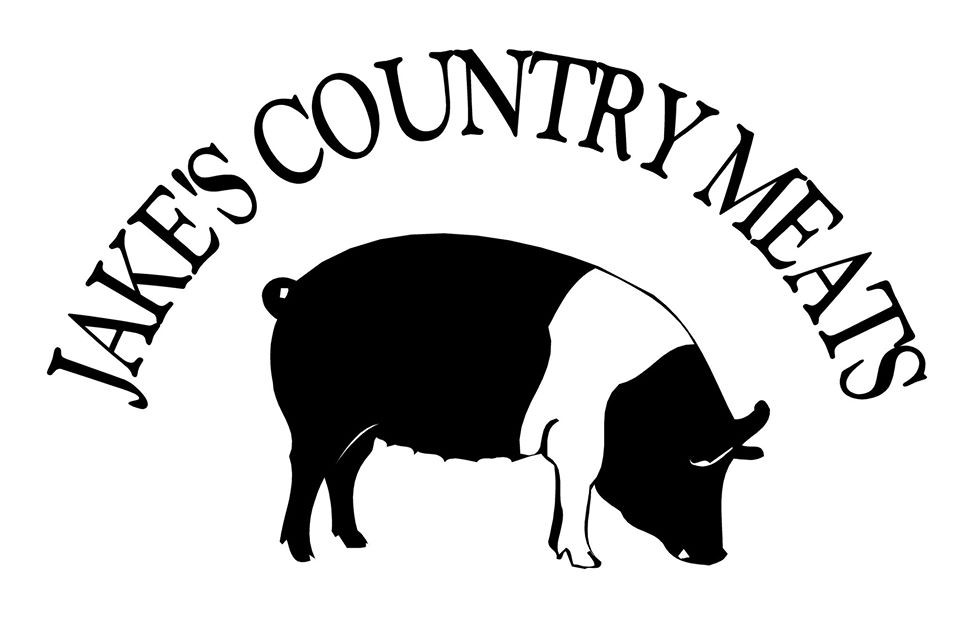Egg-citing news!
posted on
September 17, 2024
An egg a day needs a hen to lay… and we’ve been waiting patiently for the golden eggs to roll in for our on-farm and farmers market customers. After an unexpected delay, we’re thrilled to announce that the eggs are back, and as good as ever!
Back in August, one of the flocks experienced Egg Drop Syndrome, a condition that caused otherwise healthy hens to lay soft-shelled or shell-less eggs. This sudden shift caused a major shortage for about 2-3 weeks. But with the introduction of new laying hens to the farm, we're bouncing back, and these young hens are producing their first round of eggs—pullet eggs!
What Are Pullet Eggs?
Pullet eggs come from young hens, typically around 18-22 weeks old, who are just starting their laying journey. While these eggs are smaller than the usual large eggs you're used to, their size is no disadvantage! In fact, pullet eggs have some distinct advantages that make them a hidden gem.
Key Differences of Pullet Eggs
- Size & Shell: Although smaller, pullet eggs have thicker shells, making them more durable and less likely to crack.
- Flavor & Texture: With a higher yolk-to-white ratio, pullet eggs are richer in flavor and offer a creamier texture—ideal for soft-boiled eggs, baking, and sauces.
- Nutritional Content: These little eggs are slightly more nutrient-dense, offering more nutrition per bite!
Why You Should Try Pullet Eggs
- Perfect for Baking: Their rich yolks add depth to cakes, cookies, and pastries.
- Support Sustainability: Buying pullet eggs helps reduce waste since these eggs are often discarded by farmers supplying only to stores.
While they may be smaller in size, pullet eggs are packed with flavor, nutrition, and potential. But don’t wait—these eggs are a farmers market favorite and will go fast!
Stop by early at the farmers markets, or swing by The Meat Shed on the farm to grab a dozen. Once our supply stabilizes, we’ll also add eggs back to our website for pre-orders.




